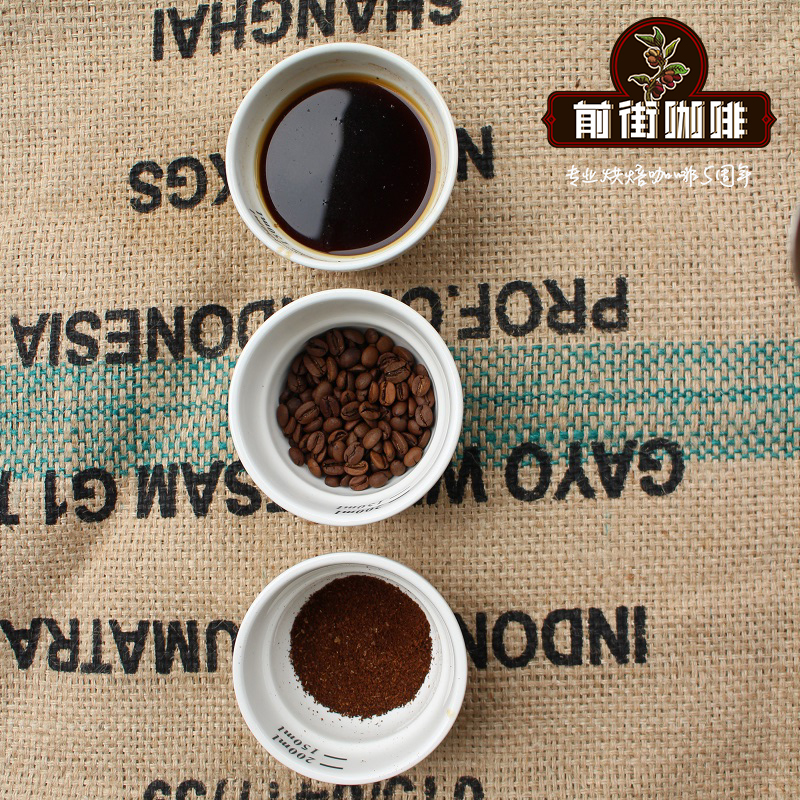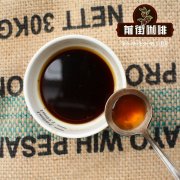Peruvian specialty coffee Peruvian coffee tour

Professional coffee knowledge exchange more coffee bean information please follow the coffee workshop (Wechat official account cafe_style)
In the coffee industry, Peru does not have a long history of cultivation, but Peru is a rich producer of fine coffee, and only 10% of the world's Arabica beans are called boutique coffee.
Peru has a unique natural environment: high altitude, plateau climate, suitable temperature, air, light, fertile soil, which lengthens the growing season of coffee beans and makes Arabica coffee taste fragrant and delicious.
Peru, which is famous for its special organic coffee, is the second largest producer of organic coffee in the world and the third largest exporter of coffee in South America.
At present, Peruvian coffee is recognized as one of the best coffee in the world. Soft sour taste, mellow taste, distinct levels, rich and sweet, in recent years frequently won the international coffee gold award!
Peru began exporting coffee in 1887 and is now the eighth largest producer and the world's largest exporter of organic coffee, with 2 million bags a year, accounting for 5 per cent of total exports. More than 1/3 of the country's coffee is grown in the Cajamarca region in the north and Aprimark and Cusco in the south. The farms are mainly run by small farmers with an average size of no more than 5 hectares. The most common varieties are bourbon, Tibica, Pash and Kaddura.
Coffee can be grown up to 2200 meters and has many unique microclimates. Many coffees are collected and processed and sold through cooperatives, which is now the mainstream of boutique coffee. In the past 10 years, the EL GUABO Guawu community has improved the development of small batches of coffee beans on an organic basis, and often holds competitions to reward and certify growers.
Peru is the world's leading exporter of organic coffee, with about 90000 organic certified public standards. In addition to these certified hectares of land, most of Peru's coffee exports are organic, largely due to the inability of smaller growers to pay for expensive fertilizers and pesticides. The demand for boutique coffee abroad has prompted some small growers to seek professional certification. Existing certifications available to small coffee growers include:
Fair Trade: by the International Fair Trade labelling Organization (FLO)
Certified organic: certified by the United States Department of Agriculture's National Organic Program (NOP), Japanese Agricultural Standards (JAS) and other agencies, Natureland and Organic crop improvement Association (OCIA)
Sustainable Coffee: through the Rainforest Alliance
Certified Cafe practice: Starbucks Certification
Important Notice :
前街咖啡 FrontStreet Coffee has moved to new addredd:
FrontStreet Coffee Address: 315,Donghua East Road,GuangZhou
Tel:020 38364473
- Prev

Peruvian Coffee Business Analysis of Peruvian Coffee Brands
Professional coffee knowledge exchange more information about coffee beans please follow the coffee workshop (Wechat official account cafe_style) in 2019. In the 20 coffee year, the coffee harvest area in Peru is estimated to be 390000 hectares, a slight increase over the previous year. As part of the Ministry of Agriculture's coffee rust recovery plan, producers will continue to replace coffee trees and fertilizers to replant and cultivate new areas. Peruvian coffee
- Next

Organic coffee in Vabar, Peru. What is the taste of organic coffee in Peru under the planting conditions?
Professional coffee knowledge exchange more information about coffee beans Please follow the coffee workshop (Wechat official account cafe_style) in recent years, Peruvian coffee has become more and more famous. We've also been looking for good Peruvian beans. This coffee bean has a mild, smooth and complex flavor, with the sweetness and stomach acidity of fresh apricots and the aroma of peanut nuts. When you soak, it is sweet and sweet. And it's still
Related
- Beginners will see the "Coffee pull flower" guide!
- What is the difference between ice blog purified milk and ordinary milk coffee?
- Why is the Philippines the largest producer of crops in Liberia?
- For coffee extraction, should the fine powder be retained?
- How does extracted espresso fill pressed powder? How much strength does it take to press the powder?
- How to make jasmine cold extract coffee? Is the jasmine + latte good?
- Will this little toy really make the coffee taste better? How does Lily Drip affect coffee extraction?
- Will the action of slapping the filter cup also affect coffee extraction?
- What's the difference between powder-to-water ratio and powder-to-liquid ratio?
- What is the Ethiopian local species? What does it have to do with Heirloom native species?

